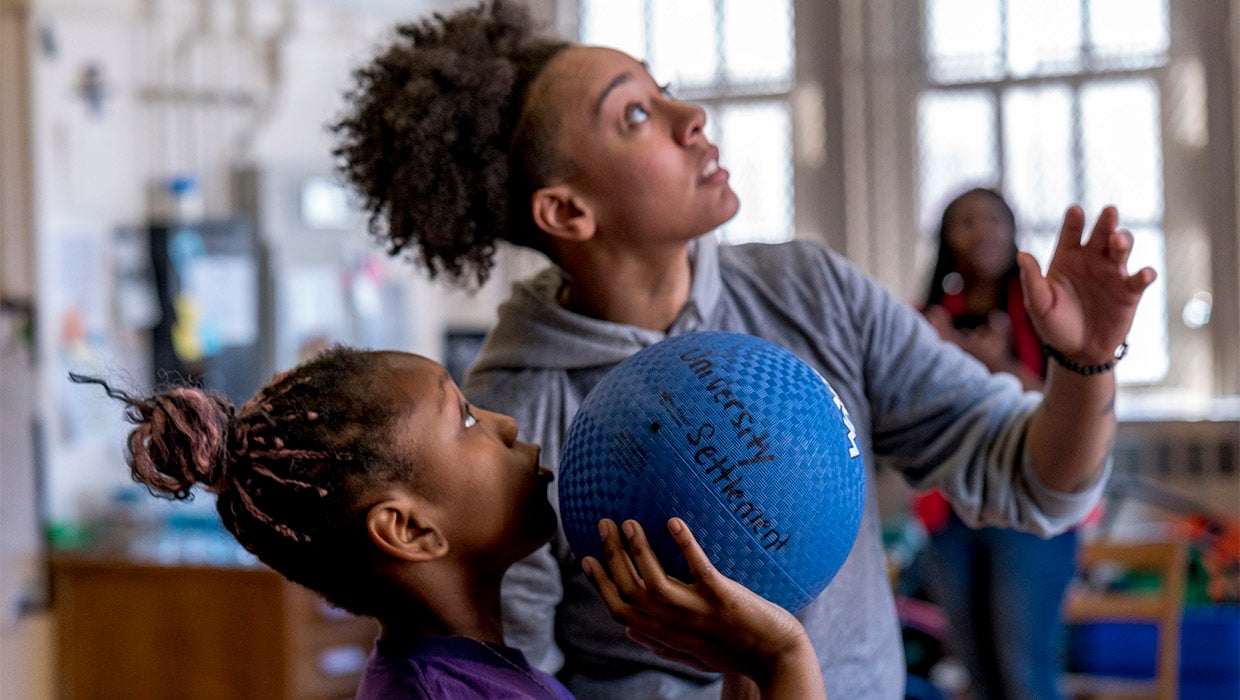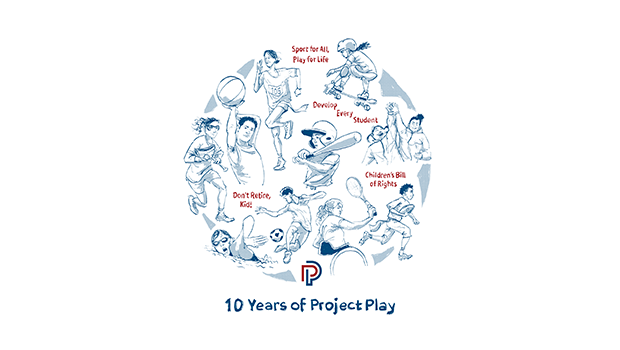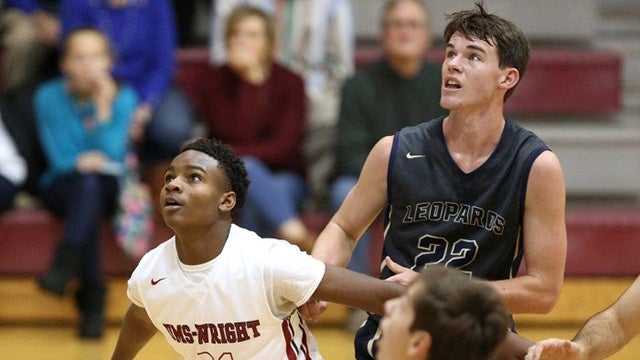Cari Champion is co-anchor of the noon, coast-to-coast edition of “SportsCenter,” ESPN’s flagship daily sports news studio show. She also hosts “Be Honest with Cari Champion,” a podcast with espnW that looks at the world of sports and pop culture with outspoken guests. Champion has also worked as a broadcast journalist and host for ABC, CBS, NBC, and other cable networks. She will speak in the 2019 program track Pushing the Limits of Human Performance.
We caught up with her about gender dynamics in sports reporting and her hopes for the future of women in the industry.
You work in an industry that is traditionally male-dominated. Were you worried about that as you entered the world of sports broadcasting?
I wasn’t worried about working in an industry that is traditionally dominated by men because I was not aware. I grew up in a female-dominated household. Our conversation was about women taking over the world rather than men.
In such a demanding profession, how do you stay motivated?
I constantly have a narrative in my mind that says I have to succeed no matter what. I dig deep within myself to find motivation to be the best version of me and seek inspiration from other successful people.
Are there any hidden benefits of being one of the relatively few women working in your field?
A hidden benefit of being one of the few women working in this industry is that we women have the opportunity to showcase the knowledge we have and who we are. My advantage is I can hold the door open for other women seeking a career in this field, just as other women have done before me. I take that very seriously.
Recently, we’ve seen a rise in awareness of issues like gender-based discrimination and sexual harassment in the workplace. Have you seen this societal awareness make its way into sports reporting?
I would like to say that sexual harassment and the awareness of it has changed. I don’t necessarily know if it has because I think it’s still happening, just not as blatantly. Sexual harassment is about power. When women don’t have the power, they are always subject to that type of harassment in some type of capacity. So, it goes back to the thought of once we see women of the future with more power, we will probably see less complaints and incidents of sexual harassment.
What do you envision when you think about the future for women in sports journalism?
I envision a world where women’s voices have significant impact. Right now, there are a lot of women in front of the camera but I would like us to be making major decisions when it comes to the type of news we cover, the type of attention we pay to certain issues, and I would like for us to have something that doesn’t limit us. Right now, so many people put women in categories… unattractive and smart, pretty and not that smart. I would prefer a world in which we really could get past what a woman does in sports and we don’t have to ask these types of questions. It just becomes the norm.
What would you say to young girls who aspire to work in the world of sports?
I think you have to be better than everyone. Better than your male counterpart. You have to be excellent and you have to want to do it for the right reasons. You have to be wanting to tell a story that is authentic to who you are because it’s hard. If you are not passionate, you can’t survive. I always tell the girls to really focus on having a passion and telling a story. It’s not about the idea of being around famous athletes; it’s about being able to connect in a way that is representative of who you are as a person but also being able to speak for the viewer that can’t speak for themselves. Then, you have to be able to translate the experience — that fan experience. It can be difficult, because as a woman you have such a small room for error. If you make a mistake versus your male counterpart who makes a mistake, you’ll be chastised far longer. You will not be given enough of a leash to make a lot of mistakes, as opposed to your male counterpart, so that is why you have to be excellent at everything you do.
The views and opinions of the author are her own and do not necessarily reflect those of the Aspen Institute.


